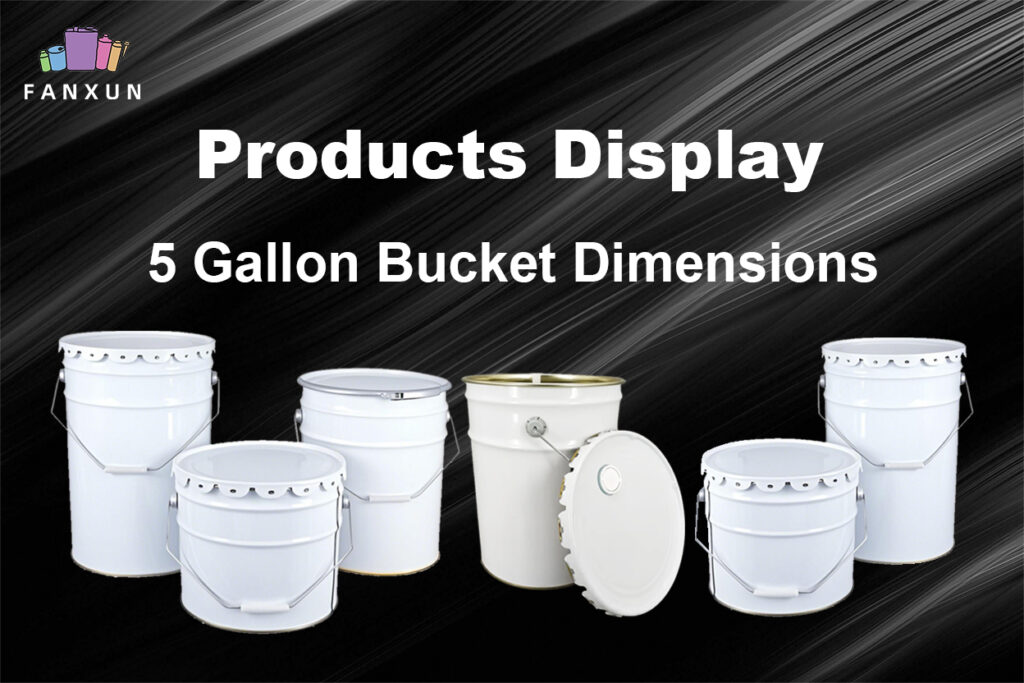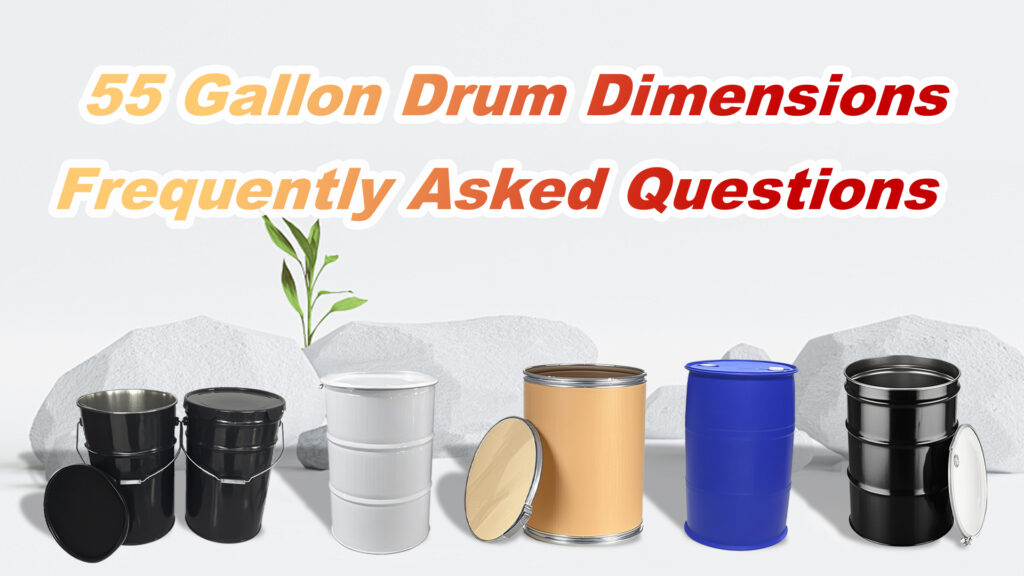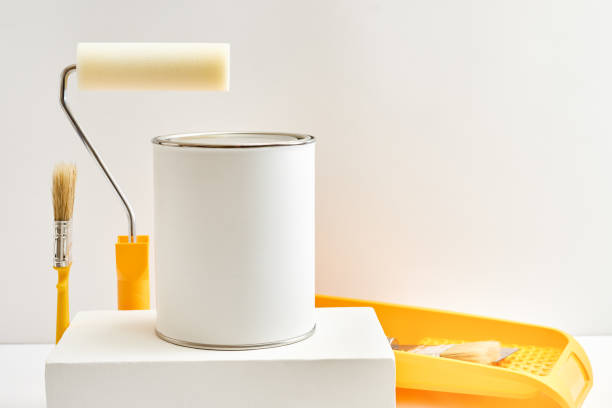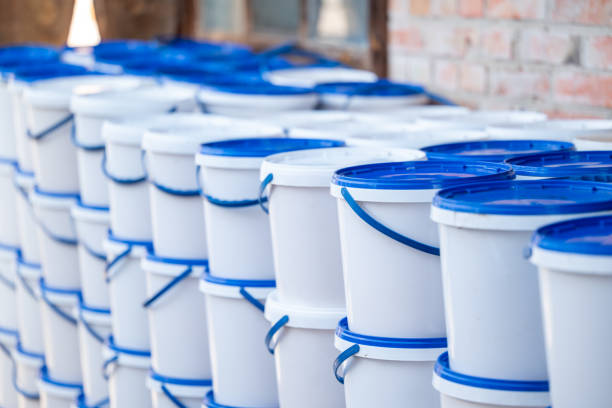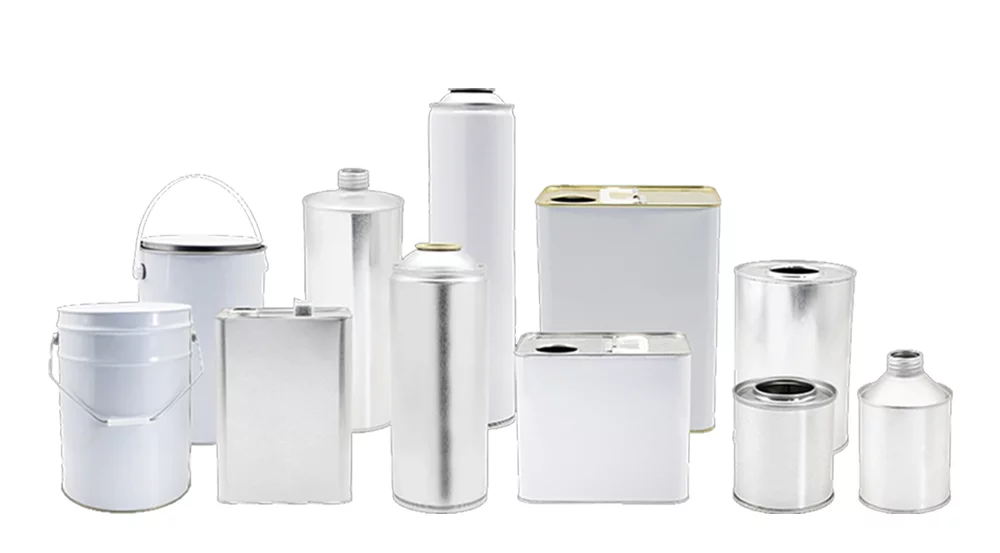Tin cans have become an integral part of everyday life, serving a multitude of purposes in the food industry, automotive sector, and beyond. Let’s delve deeper into the world of tin cans, exploring their composition, manufacturing process, uses, pros and cons, as well as the differences between tin cans and aluminum cans.
What Is a Tin Can?
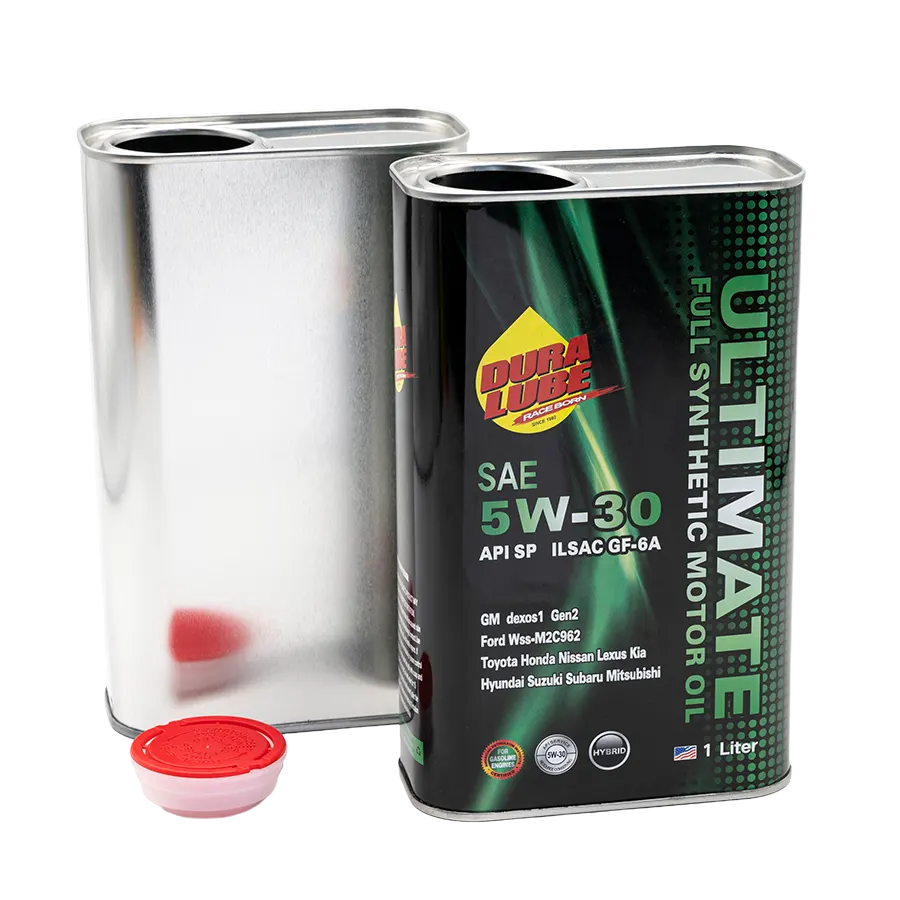
A tin can is a container made of thin metal that is typically coated with tin to prevent corrosion and contamination of the contents inside. These versatile containers come in various shapes and sizes, making them suitable for a wide range of products.
What Are Tin Cans Made Of?
Tin cans are typically made of steel, which is coated with a layer of tin to enhance its properties. The tin coating provides a barrier against rust and corrosion, ensuring the integrity of the can and the safety of its contents.
How Are Tin Cans Made?
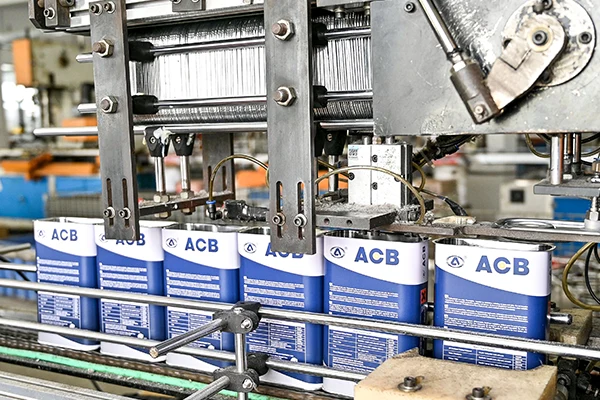
그만큼 manufacturing process of tin cans involves several steps, including cutting and shaping the metal sheets, coating them with tin, and sealing them to create a container. Advanced machinery and technology are used to ensure precision and efficiency in producing high-quality tin cans.
Types of Tin Cans
When it comes to tin cans, there is a wide variety of types available, each designed to cater to specific needs and requirements. From standard food cans to specialized industrial containers, understanding the different types of tin cans can help you choose the right packaging solution for your products.

1. Food Cans
Food cans are perhaps the most common type of tin cans, used for storing a wide range of food products such as fruits, vegetables, soups, meats, and beverages. These cans are typically sealed with airtight lids to preserve the freshness and flavor of the contents, making them ideal for long-term storage.
2. 에어로졸 캔
에어로졸 캔 are pressurized containers used for dispensing a variety of products such as paints, 접착제, 윤활유, and household cleaners. These cans are equipped with a valve and spray nozzle that allow for easy and controlled application of the contents. The sturdy construction of aerosol cans ensures safe handling and storage of pressurized substances.
3. Paint Cans
Paint tinc cans are specialized tin cans designed for storing and transporting paints, 바니시, 그리고 코팅. These cans are typically equipped with a resealable lid and a handle for easy carrying. The interior of paint cans is often lined with a protective coating to prevent chemical reactions and maintain the quality of the paint.
4. Chemical Cans
Chemical cans are used for packaging and distributing a wide range of industrial chemicals, 용매, and hazardous substances. These cans are designed to withstand harsh chemicals and prevent leakage or contamination. The tamper-proof design of chemical cans ensures the safety and integrity of the contents during storage and transportation.
5. Decorative Cans
Decorative cans are tin cans that have been specially designed for aesthetic purposes, such as gift packaging, home decor, and promotional giveaways. These cans may feature vibrant designs, embossed patterns, and custom printing to enhance their visual appeal. Decorative cans are often reused or repurposed for crafts and DIY projects.
6. Specialty Cans
Specialty cans encompass a wide range of tin cans that are used for specific purposes or industries, such as automotive products, 의료, and pet care. These cans may include fuel storage cans, medication containers, and pet food packaging. Specialty cans are tailored to meet the unique requirements of their intended use, ensuring safety, convenience, 그리고 기능성.
What Are Tin Cans Used For?
Tin cans find applications in various industries, including food storage, art and craft supplies, 자동차 제품, and the chemical industry. Let’s explore some of the common uses of tin cans in these sectors.
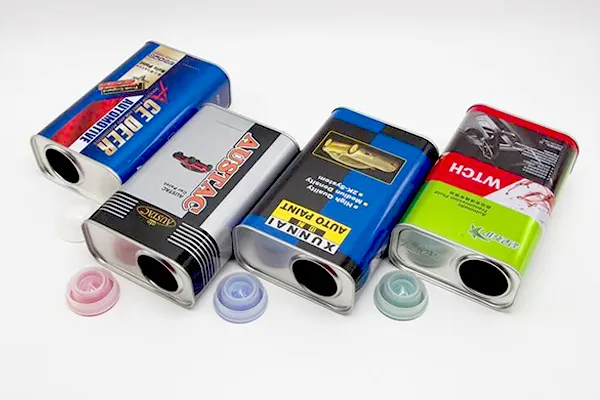
Food Storage and Preservation
Tin cans are widely used in the food industry for storing and preserving a variety of products, including fruits, vegetables, soups, meats, and beverages. The airtight seal and durable construction of tin cans help prolong the shelf life of perishable goods, keeping them fresh and safe for consumption.
미술 및 공예 용품
Tin cans are popular among artists and crafters for repurposing into decorative items, organizers, and container for art supplies. Their sturdy construction and versatile design make them ideal for creative projects that require a durable and aesthetically pleasing container.
자동차 제품
In the automotive industry, tin cans are used for storing and transporting various products such as fuel additives, 브레이크 클리너, 윤활유, and engine oils. The robust construction of tin cans ensures the safe storage and dispensing of these automotive chemicals, contributing to the smooth operation of vehicles.
화학 산업
Tin cans are also utilized in the chemical industry for packaging and distributing hazardous substances, 용매, and industrial chemicals. The tamper-proof design of tin cans prevents unauthorized access to the contents, ensuring safety and compliance with regulatory standards.
Pros and Cons of Tin Cans
While tin cans offer numerous benefits in terms of durability, shelf life, recyclability, tamper-proofing, and cost-effectiveness, they also have certain drawbacks such as the risk of corrosion, transportation costs, and limited reusability. Let’s examine the pros and cons of tin cans in detail.
Pros of Tin Cans
- 내구성: Tin cans are known for their robust construction and resistance to physical damage, making them suitable for handling and transportation.
- Long Shelf Life: The airtight seal of tin cans helps preserve the freshness and quality of products for an extended period.
- 재활용 가능: Tin cans are 100% 재활용 가능, which helps reduce environmental impact and promote sustainable practices.
- Tamper-Proof: The sealed design of tin cans minimizes the risk of tampering or contamination, ensuring the safety of the contents.
- Cost-Effective: Tin cans are an affordable packaging solution that offers value for money in terms of durability and functionality.
Cons of Tin Cans
- Risk of Corrosion: Tin cans may be susceptible to corrosion over time, especially in humid or corrosive environments.
- Weight and Transportation Costs: The sturdy construction of tin cans contributes to their weight, potentially increasing transportation costs.
- Limited Reusability: While tin cans are recyclable, their reuse may be limited due to wear and tear from previous use.
Differences Between Tin Can vs Aluminum Can
Tin cans and aluminum cans each have their own unique characteristics and advantages, making them suitable for different types of products and packaging needs. Now let’s explore the differences between tin cans and aluminum cans.
- Tin cans are made of steel coated with tin to prevent corrosion, while aluminum cans are entirely made of aluminum and are lightweight but more prone to damage.
- Tin cans are stronger and more durable, while aluminum cans offer a sleek appearance but may be more expensive to produce.
- Both are recyclable, with aluminum cans being easier to recycle.
- Tin cans are preferred for long-term storage, while aluminum cans are chosen for their modern look.
- Recycling aluminum involves melting down the material, while tin cans require additional processing.
Cooperate with FANXUN: Reliable Tin Cans Manufacturer
When it comes to choosing a reliable tin cans manufacturer for your packaging needs, cooperation with FANXUN can be the ideal solution. With a reputation for quality, 혁신, and expertise in tin can manufacturing, FANXUN offers a range of products and services to meet your specific requirements. Besides, FANXUN offers a wide range of customization tin cans options to ensure that your tin cans align with your branding, product requirements, and packaging preferences. From selecting the right size and shape to incorporating your logo and design elements, FANXUN can create customized tin cans that reflect your brand identity and enhance the visual appeal of your products.
결론
결론적으로, tin cans play a crucial role in various industries due to their versatility, 내구성, 그리고 기능성. Understanding the composition, manufacturing process, uses, pros and cons of tin cans is essential for making informed decisions in selecting the right packaging solution for your needs. Whether you are storing food, 약, 자동차 제품, or art supplies, tin cans offer a reliable and cost-effective option to meet your packaging requirements.















